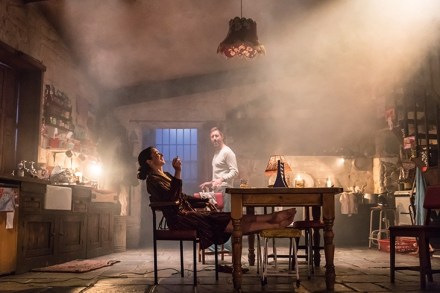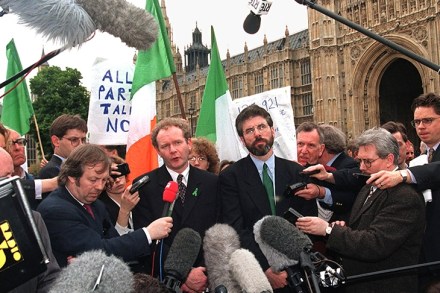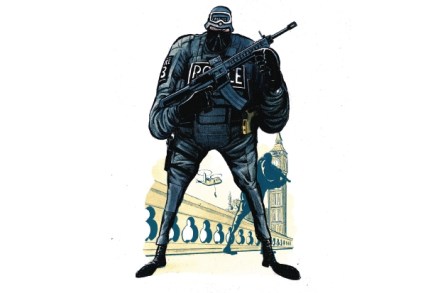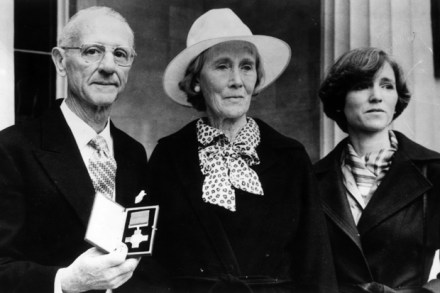Jeremy Corbyn must have been the most secret peacemaker of all
I suppose that if you are under thirty, Northern Ireland seems a place far away and it must be difficult to imagine a time when news from the province was a regular feature of the BBC and ITV nightly news bulletins. The Good Friday Agreement, for all its imperfections and awkward compromises, settled something that now belongs to something close to ancient history. A YouGov poll last month suggested only one in five voters thought they knew even a fair amount about Jeremy Corbyn’s history with Sinn Fein, the IRA, and the wider republican movement. The young can be forgiven their ignorance. But there are many people old enough to remember what



















